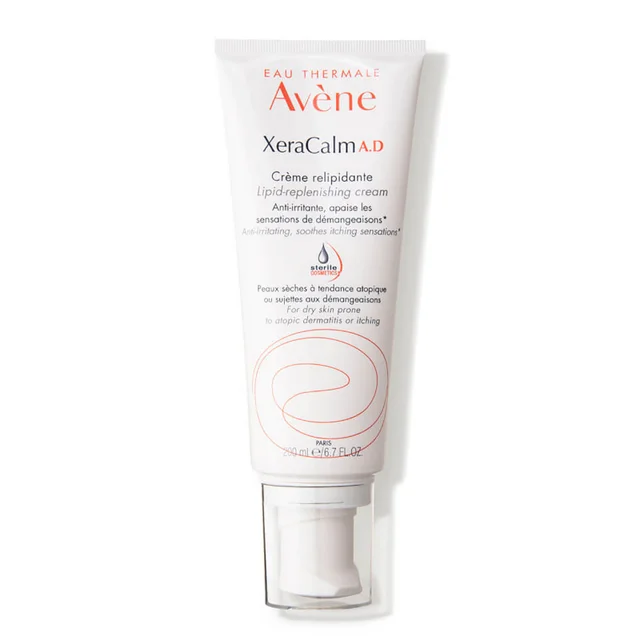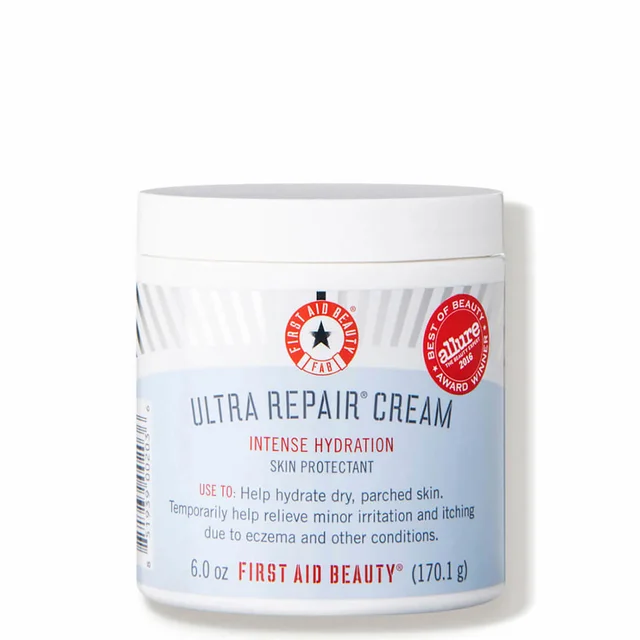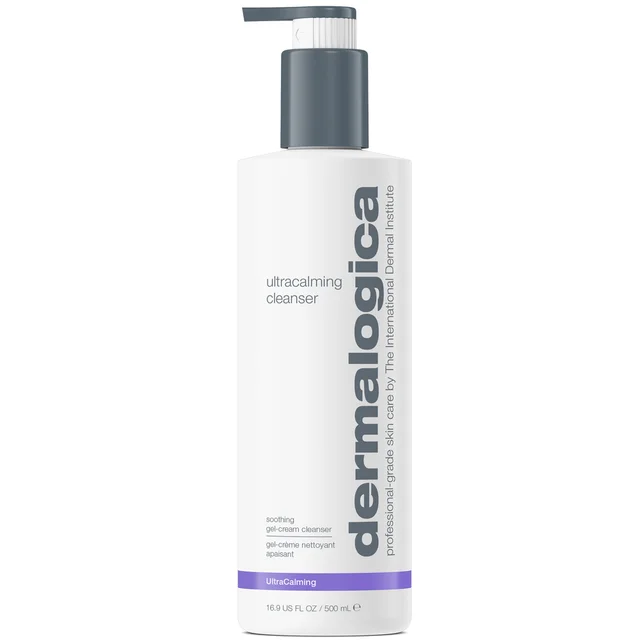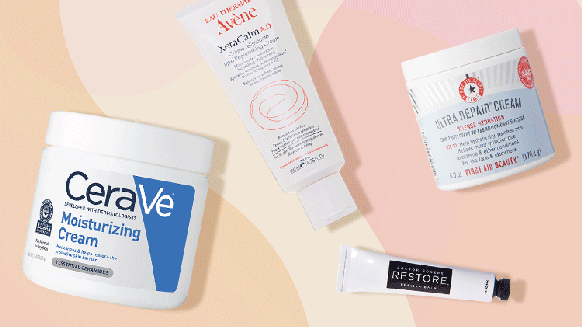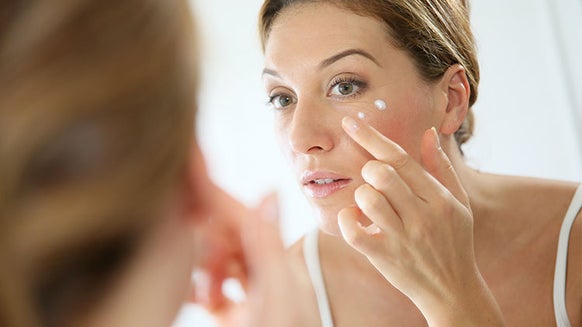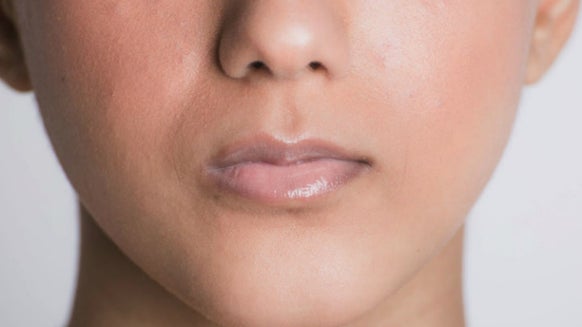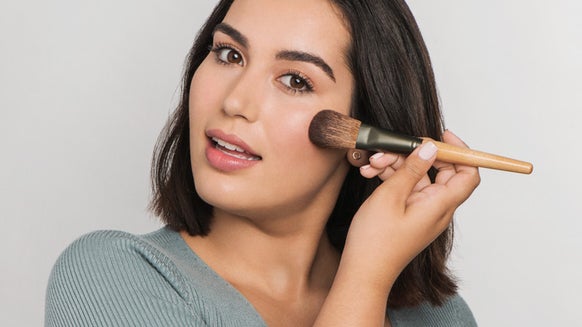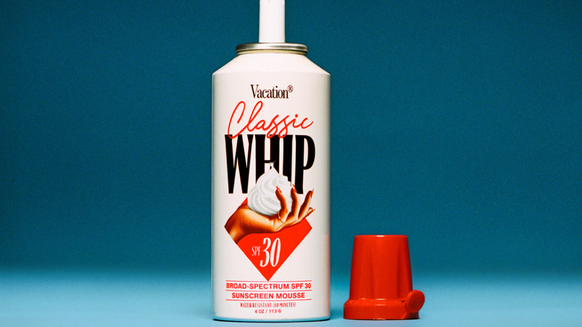How to Treat Eczema on Your Face
Eczema—also called atopic dermatitis—is a skin condition characterized by red, flaky, itchy skin. It's not something you can catch, and anything from the weather to allergies can flare it up. But most often, it flares up without any unknown cause. Bottom line, it's no fun, especially when your face starts to peel from irritation. Following a specific skin care regimen is key, along with taking steps to control the peeling. Avoid the temptation to tug at all costs.
Be Gentle
Your skin care regimen should be ultra gentle. Use a fragrance-free cleanser designed for sensitive skin both morning and night; those with dry skin may wish to skip cleanser all together and simply splash on a little cool water. Follow with a treatment product such as a corticosteroid cream to help treat the itching and inflammation. Lack of skin hydration only exacerbates peeling from eczema, so finish with a gentle, non-irritating moisturizer.
Stop Scratching
When skin is itchy, the natural thing to do is scratch—but that's the worst thing you can do for peeling skin. Not only can it increase peeling and lead to potential scarring, but also scratched skin allows bacteria to seep in and become infected. Every time you scratch, the more damage you cause to the protective layer of skin. As this damage continues, the nerve fibers become overactivated, so your scratching actually amplifies the perception of itch—even causing more itch.
Use Soothing Treatments
To prevent further irritation, pick up products containing colloidal oatmeal, which is excellent for soothing the itchiness associated with eczema. Oatmeal is a triple threat—it banishes dirt, eases itching and moisturizes, all at once. If your scratching is mild, try applying a prescribed topical steroid or fragrance-free moisturizer, but if you're dealing with a chronic itch, talk to your doctor about taking an oral antihistamine.
This article has been reviewed by board-certified dermatologist Dr. Emmy Graber.

From the latest hair and makeup trends to the best solutions for your skin issues, we've got all your beauty concerns covered!
